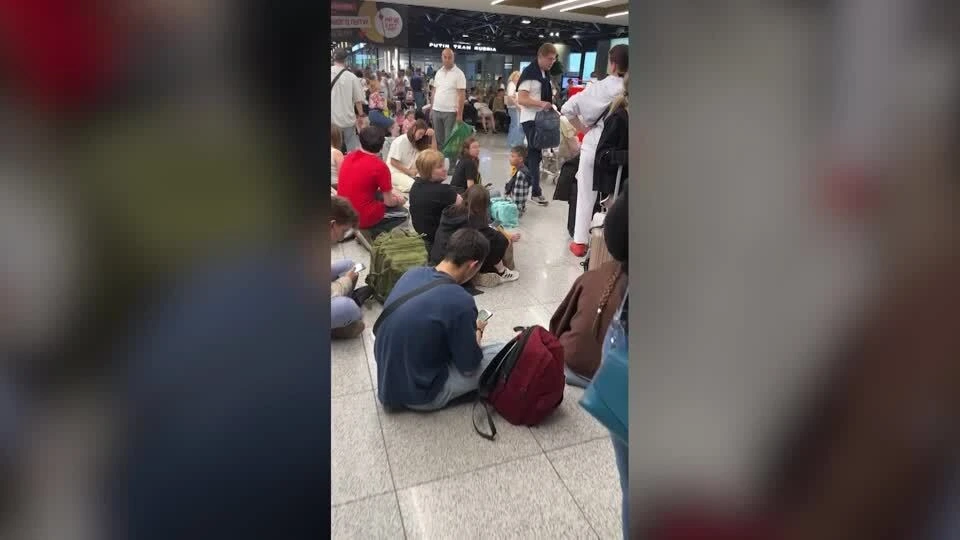A majority of Russians are worried about disruptions in civil aviation caused by drone attacks on the country’s territory. According to a recent survey by the Levada Center (designated a “foreign agent” in Russia), 76% of respondents said they are concerned about the repeated closures of airports. The concern is particularly high among older people (82%) and Moscow residents (81%).
The Ukrainian side is seen as primarily responsible for the situation, with 56% of respondents blaming Kyiv for the attacks. However, one in five (21%) believe that the Russian federal authorities bear responsibility, accusing them of “excessive overcaution” in assessing threats. Another 10% blame airport administrations, citing their failure to manage operations effectively under current restrictions.
A Growing Source of Public Frustration
A source familiar with internal analytics told that the survey findings align with government assessments: drone attacks on airfield infrastructure in the European part of Russia have become a significant factor in destabilizing everyday life. “For tens of millions of people planning air travel, this has become a real source of frustration,” the source noted.
The fact that the issue has resonated strongly in Moscow — the country’s most economically active and politically influential region — is of particular importance. “Moscow is the main barometer of public sentiment. Given the high level of centralization, its reaction tends to ripple across the rest of the country,” the source added.
Demand for Normalcy and War Fatigue
According to him, the current data reflects a strong public demand for a reduction in drone attacks and for the normalization of flight schedules. At the same time, there is a growing perception that airspace closures are not always justified — a sign, perhaps, of the public’s limited awareness regarding the true nature of drone threats.
A sociologist from one of Russia’s leading research centers also pointed to a growing demand to “return to normal life,” even if its realization seems difficult under current conditions. “This sentiment may gradually evolve into increased public pressure for an end to hostilities and a reduction in the general level of domestic anxiety,” he concluded.
Although public opinion has little influence on strategic decisions, the sociologist acknowledged that accumulated fatigue and anxiety could, over time, begin to shape the broader social atmosphere.


















